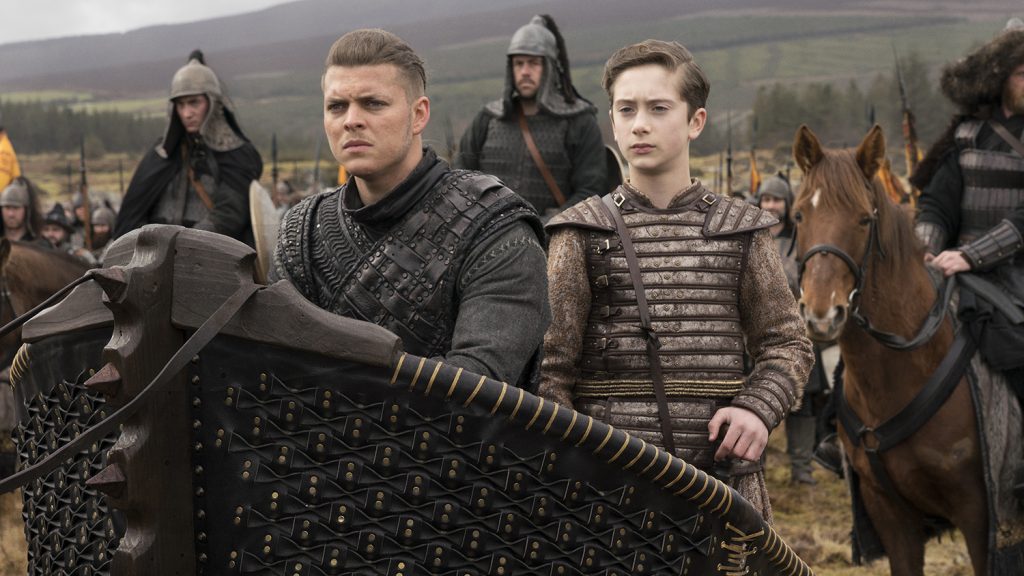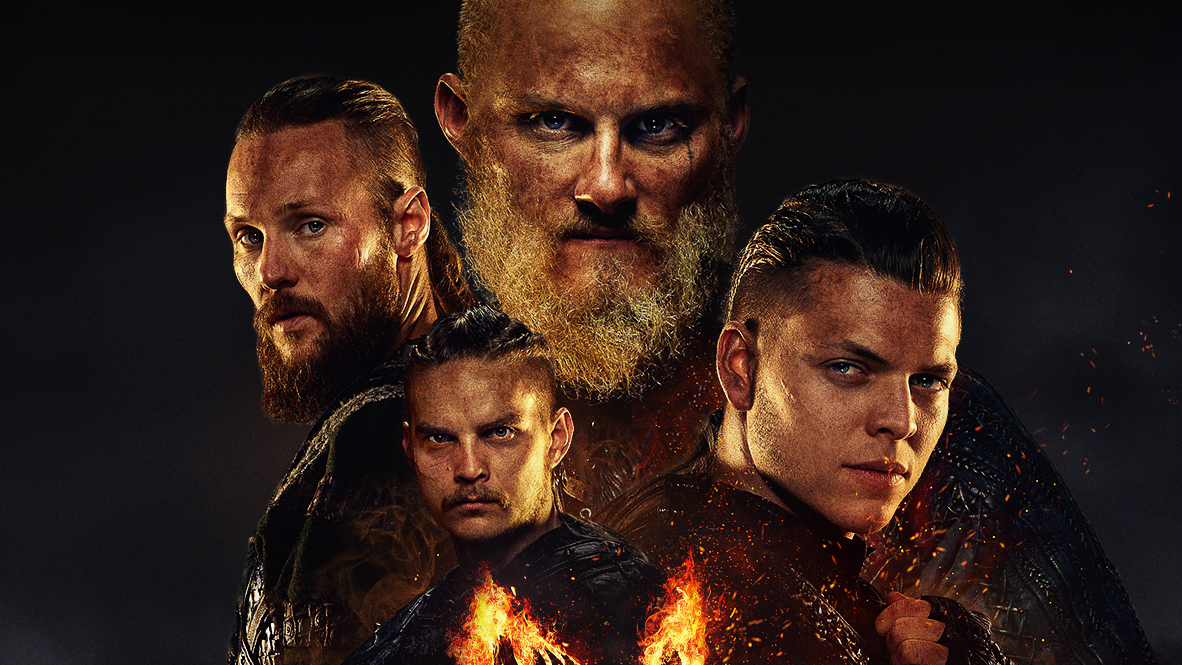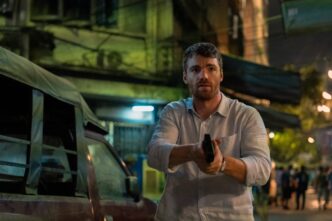Vikings has travelled down a long and bumpy road since the death of its first protagonist, Ragnar Lothbrok (Travis Flimmel). While the seasons since then haven’t been perfect, they remained engaging enough- and maintained the excellent production values for long enough- that fans have kept coming back for more. The final season, which is technically the second part of the sixth season, wraps up the fate of the remaining main characters, as well as some of the major historical events that took place during this time period, including the final battle between the Vikings and King Alfred of Wessex.
The season begins with the Vikings at Kattegat facing an existential threat in the form of invading Rus warriors. Bjorn (Alexander Ludwig), who was mortally wounded in the last season, manages to arrange one last charge that ends up saving Kattegat and carving his name in the history books. Back in Kiev, Ivar (Alex Høgh Andersen) conspires with exiled prince Dir to rescue prince Igor from Oleg’s clutches. Ubbe(Jordan Patrick Smith) travels through the Atlantic Ocean, ending up in Greenland and often finding himself on the East Coast of North America. Back in Kattegat, King Harald (Peter Franzen) teams up with the returned Ivar and Hvitserk to go on another raid in England, which pits them against King Alfred (Ferdia Walsh-Peelo).

This final season has many good things going for it. From Bjorn’s glorious send-off to Prince Oleg’s prophetic death and Ubbe discovering and exploring the lush forests of the New World, Vikings proved once again how captivating it can be when hitting on all cylinders. However, there are several stretches where the plot halts to a standstill, such as Gunnhild and Ingrid playing politics with Erik and Ubbe and Torvi and crew becoming stranded on the ocean after fleeing a murderous Kjetil Flatnose.
Also, some events feel contrived, such as Gunnhild’s fate and the aforementioned conflict with Kjetil. Gunnhild, for one, is a celebrated shield maiden, and her actions make it seem like she feels she is nobody other than being Bjorn’s wife. When Kjetil tries to claim a whale carcass on Greenland and a fight breaks out, there are only three or four people left at the end versus the dozen or so fleeing settlers. Granted, in an earlier vision the Seer told Ubbe that the land was cursed, but this still feels ridiculous.
Furthermore, some elements of the show are mishandled. For instance, the mystical nature of the Norse gods and magic is often portrayed through the perspective of the series’ characters, never confirming what they see is real. In this season, however, Ingrid practices witchcraft, and it’s clearly shown to be working, which disrupts the previously established balance between the mystical and the real.
However, the endings for most main characters are poignant and well-deserved. The juxtaposition between decline and death and new beginnings is executed beautifully, and a reunion with a familiar character brings everything full circle.
I had almost given up on getting a worthy finale to the series after how large portions of the fifth season and the first part of the sixth season had bad pacing. I am glad to have been proven wrong.
The final season of Vikings isn’t perfect by any means. But it delivers a fitting finale for the series, setting the stage for its sequel, Vikings: Valhalla, which takes place a hundred years after the events of Vikings. This is the end for the sons of Ragnar, but there is room for new characters to strive to create legends of their own.







